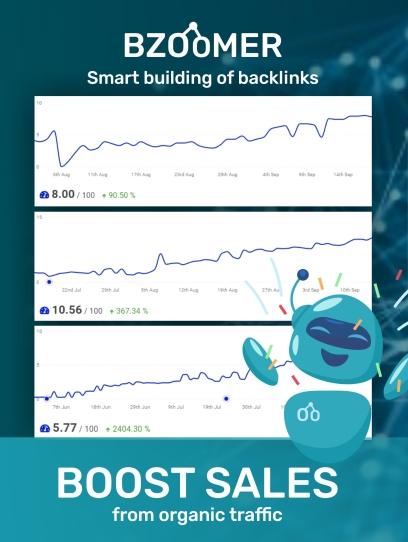In an ever-changing market, companies seek fresh ways to adapt and grow, emphasizing the importance of business coaching, leadership coaching, and a strategically aligned Chief Revenue Officer (CRO). By investing in coaching and defining the role of a CRO, organizations position themselves for long-term revenue growth and resilience. Let’s explore how these components create the foundations for sustained success.
The Power of Business Coaching in Today’s Market
Business coaching is a dynamic approach that provides businesses and leaders with the tools to excel and overcome challenges. Unlike consulting, which offers ready-made solutions, business coaching encourages leaders to develop their skills, insights, and strategies. The main advantages of business coaching include:
- Enhanced Problem-Solving: Coaches guide leaders to think creatively, generating innovative solutions.
- Goal Setting and Accountability: Coaches help leaders establish and commit to measurable objectives.
- Improved Communication: Effective communication is central to a thriving business, and coaches assist leaders in refining this skill.
Business coaching is, therefore, a vital tool that propels leaders to reach their highest potential and actively contribute to revenue growth through strategic planning and decision-making.
Leadership Coaching: Building Strong, Visionary Leaders
Leadership coaching targets individuals in managerial and executive positions, equipping them with skills that improve their ability to lead and inspire. Focusing on aspects like emotional intelligence, resilience, and decision-making, leadership coaching is crucial for developing leaders who can drive teams toward ambitious goals. Key benefits include:
- Team Motivation: Leaders learn how to inspire their teams, resulting in increased productivity and engagement.
- Adaptability: Leadership coaching helps leaders stay agile in a constantly evolving market.
- Long-Term Vision: Coaches work with leaders to cultivate a forward-thinking approach, aligning with both personal and organizational growth.
Leadership coaching also encourages leaders to be more receptive to change, helping their teams to remain focused and aligned with the company’s revenue goals.
Chief Revenue Officer: The Architect of Revenue Growth
As the need for targeted revenue strategies grows, the role of the Chief Revenue Officer (CRO) has become increasingly essential. CROs are responsible for developing cohesive strategies across sales, marketing, and customer success to ensure steady revenue growth. Their responsibilities include:
- Building Revenue Models: CROs create strategies that maximize revenue streams while controlling costs.
- Cross-Departmental Synergy: The CRO ensures departments work in harmony, preventing any gaps or overlaps.
- Customer-Centric Growth: CROs prioritize the customer journey, enhancing retention and revenue stability.
The CRO acts as a unifying force, ensuring that revenue growth is both strategic and sustainable, impacting every layer of the business.
Integrating Coaching with the CRO Role for Revenue Optimization
Business and leadership coaching provide significant support to a Chief Revenue Officer’s role, equipping them with the tools to make impactful decisions and optimize revenue strategies. Coaching promotes:
- Strategic Vision: By aligning coaching efforts with revenue objectives, CROs can develop a clear and achievable growth roadmap.
- Collaboration and Communication: Coaching helps CROs build a collaborative culture, enhancing departmental cooperation.
- Resilience and Agility: Coaching prepares CROs to navigate market changes and respond effectively to challenges.
By integrating business coaching, leadership coaching, and the strategic guidance of a Chief Revenue Officer, companies can foster a culture of growth and collaboration that drives revenue. Together, these components empower businesses to maintain a competitive edge and achieve sustainable revenue growth, paving the way for long-term success.



